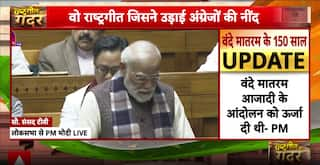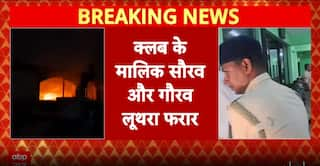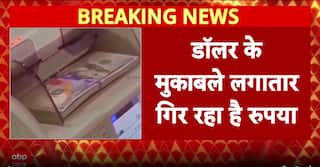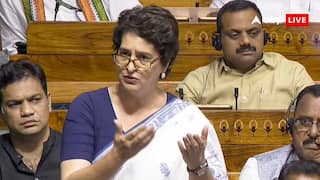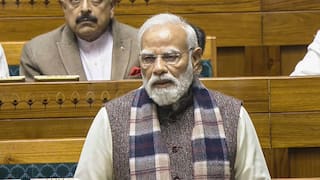'Waiting To Be Part Of It': PM Modi Ahead Of Mann Ki Baat's 100th Episode
On October 3, 2014, Mann Ki Baat aired its first episode. On April 30, 2023, it will have completed 100 episodes.

New Delhi: Prime Minister Narendra Modi on Tuesday said, "like you I am also waiting to be part of Mann ki Baat's 100th episode this Sunday," reported news agency PTI. On October 3, 2014, Mann Ki Baat aired its first episode. On April 30, 2023, it will have completed 100 episodes.
The Prime Minister reaches a wide range of a populace that is socioeconomically and culturally diverse the All India Radio, the largest radio network in the world with 262 stations and over 375 private and community stations. He inspires and energizes them not only on social, cultural, and economic issues but also on difficult issues that the world is facing today, such as the climate crisis, the waste management crisis, and the energy crisis.
According to a survey conducted by the Indian Institute of Management-Rohtak, nearly 23 crore people tune in to Prime Minister Narendra Modi's "Mann ki Baat" program on the last Sunday of each month, and 65% of those who listen prefer to hear the speech in Hindi.
The study likewise discovered that the 'Mann ki Baat' program is heard more on TV slots followed by mobile phones, with radio audience members representing 17.6 percent of the complete listenership.
It found that 41 crore people only occasionally listened to the program, while more than 100 crore people had listened to it at least once.
Dheeraj P Sharma, Director of IIM-Rohtak, told reporters on Monday, "As many as 44.7 per cent of the total listeners hear the programme on television sets, while 37.6 per cent tune in on mobile phones."
According to PTI, Prasar Bharti Chief Executive Officer Gaurav Dwivedi said apart from 22 Indian dialects and 29 dialects, 'Mann Ki Baat' is communicated in 11 unknown dialects like French, Chinese, Indonesian, Tibetan, Burmese, Baluchi, Arabic, Pashtu, Persian, Dari and Swahili.
According to Dwivedi, the program is being broadcast by more than 500 All India Radio centers.
The survey, which was carried out by students of IIM-Rohtak, contacted 10,003 people across a variety of age groups and four zones—North, South, East, and West—most of whom were self-employed and employed in the informal sector.
According to the survey, 18% of respondents preferred to listen to the program in English, 4% in Urdu, and 2% each in Dogri and Tamil.
It found that speakers of Mizo, Maithili, Assamese, Kashmiri, Telugu, Odia, Gujarati, and Bengali collectively made up 9% of the total listenership.
73% of respondents expressed optimism regarding the government's performance and the country's progress, and 58% stated that their living conditions had improved. 59% of respondents have expressed increased confidence in the government.
It found that 63% of respondents said their attitude toward the government has improved and 60% expressed interest in working for nation-building, indicating the general public's attitude toward the government.
The survey found that the most famous subjects of the 'Mann ki Baat' program were logical accomplishments of India, accounts of normal residents, courage of the military, issues connected with the young, climate and regular assets.










